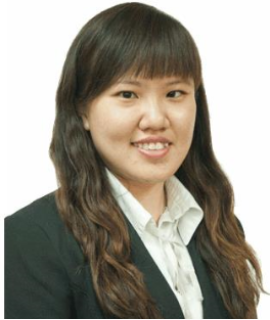Title : Neuroprotective effect of Baicalein active compound enriched from Oroxylum indicum for Endothelin-1 induced ischemic stroke rat model
Abstract:
Background: Ischemic stroke is caused by cerebral occlusion which ultimately leads to neuronal cell death. Recently, traditional medicinal plants have been extensively studied for their therapeutic potential for ischemic stroke treatment. In this study, multipotent neural stem cell (NSC) culture was optimized with an active compound (baicalein) extracted from Oroxylum indicum plant which has been shown to exert neuroprotection effect to enhance the NSC survival rate after transplantation into ischemic brain.
Materials and method: Baicalein-enriched fraction (BEF) was successfully extracted from the leaves of O. indicum and quantified using TLC and HPLC. In vitro expandable NSCs were preconditioned with BEF at optimum dosage (3.125 µg/ml) for 48 hours determined through MTT assay before the cells were transplanted into endothelin-1 induced ischemic stroke animal group. Animal behaviors and stroke severity were observed and recorded for 14 days. Remodelling of damaged brain tissues was also assessed using TTC and H&E histological stainings.
Results: Ischemic stroke animal group with BEF-preconditioned NSCs showed improved neurological function compared to control groups. Improvements in histological assessments also were observed within 14 days after the preconditioned NSC transplantation.
Conclusions: Local medicinal plant, O. indicum, contributed to the survival of NSCs in ischemic condition and significantly improved the damaged neuronal tissue caused by stroke.



